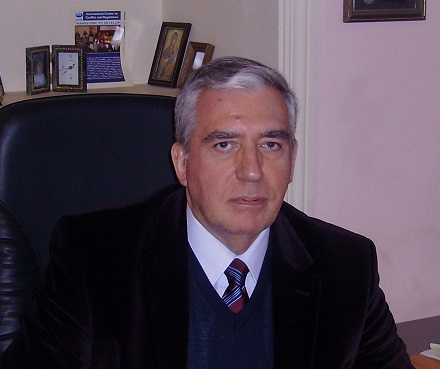
Elections are won by media which feed people’s minds and create attitudes. For the first time since November 2003 Georgia has a strong opposition along with a strong ruling team, which makes the parliamentary elections of October 1 really competitive.
But government-controlled media sources, as an integral part of the overall administrative resource available to the United National Movement, are far stronger than anything Bidzina Ivanishvili’s billions may use or create to backfire. The pre-election playing field is therefore not level, and the disproportion is obvious: the capital city has the opportunity to switch channels and see both perspectives, while in the rural areas and urban centers the government-controlled TV channels prevail or are the only ones available. Formally defined as private commercial media sources, they consistently provide a biased and partisan picture of events favorable for the ruling party and discrediting the opposition.
After the horrifying videos of prison torture and rape that shattered anyone who watched them, the government decided to avert the blow and further counter-attack by means of a tested method: launching smear materials – this time tapped phone conversations of leaders of the opposition Georgian Dream coalition – allegedly provided by Ivanishvili’s bodyguard who subsequently disappears from the scene. The leaked phone conversations are incomparable in their testifying force with the prison torture tapes, but they are used to convince people that the opposition has ties to a criminal world and an internal fraction that is allegedly already splitting the opposition. Neither allegation sounds convincing, but the media effect is achieved. Most importantly, this televised war further polarizes the already split society.
It will be difficult to rig these elections, but it still looks like any result of the elections will be contested. Measurements of public opinion do not predict an overwhelming victory of any of the parties. At the same time, both parties are orientated only to victory, and any result short of this will not satisfy them. After the shocking prison tapes, the protest wave further strengthened the opposition, and their supporters are now expecting a victory which they are ready to defend by all possible means. However, the behavior of the president and his team does not presuppose that they may acknowledge the opposition’s success. As it looks now, they would rather use intimidation and administrative resources — especially in the provinces — to reduce the number of votes in favor of the opposition to a minimum, in order to demonstrate their domination again. And what may happen if the opposition exceeds the limits of success tolerable for the government, is hard to predict. Possible destructive consequences cannot be ruled out.

